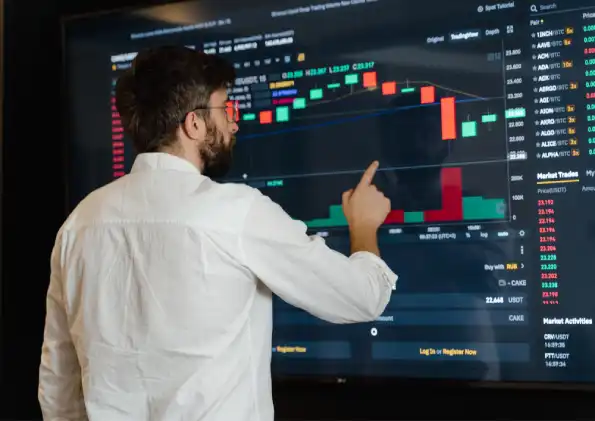AI for startups has moved beyond the buzz—it’s now a survival tool. For startups in Asia and beyond, the future can feel like a moving target. Markets shift. Customer needs evolve. Competitors appear overnight. But what if you could see what’s coming before your rivals do? Artificial Intelligence (AI) is making that possible. It’s not…
RELATED ARTICLES
© NewInAsia.com 2025







